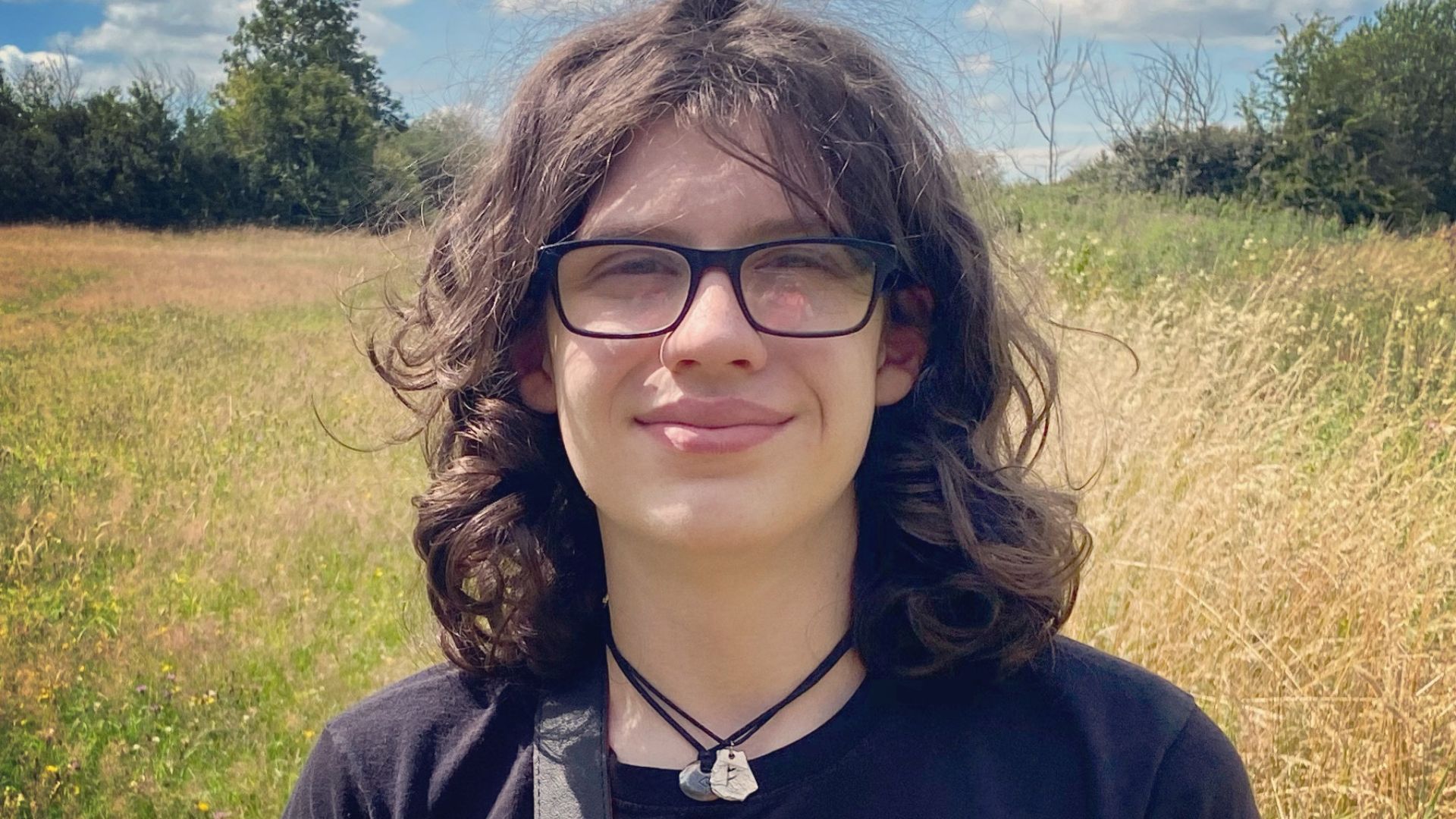You are viewing your 1 free article this month. Login to read more articles.
McAnulty and Balen on shortlist for new James Cropper Wainwright Prize children's category
Dara McAnulty, Kiran Millwood Hargrave and this year’s Carnegie medal winner Katya Balen are among those shortlisted in the new children’s books category for the James Cropper Wainwright Prize.
The prize is named after nature writer Alfred Wainwright and aims to inspire readers to connect with nature and explore the outdoors. 2022 is the first year that children’s writing on nature and conservation will be recognised. The £7,500 prize fund will be shared between the authors of the three winning books at a ceremony at the London Wetland centre on 7th September.
Organisers said this year’s shortlisted books “reflect the astonishing range and depth of nature writing, with titles that confront difficult, important issues around climate change, food supplies and the decline of insects, stressing urgency of action whilst offering hope for the future, celebrating the wonder of life everywhere, and illuminating the healing power of nature through stories of personal connection and discovery”.
Two previous winners feature on this year’s shortlist, McAnulty and Amy Liptrot.
McAnulty is up for the Children’s Prize this year with Wild Child: A Journey Through Nature, illustrated by Barry Falls (Macmillan Children’s Books). He is up against Millwood Hargrave’s Julia and the Shark, illustrated by Tom de Freston (Orion Children’s Books) and Balen’s Yoto Carnegie Medal-winner October, October, illustrated by Angela Harding (Bloomsbury Children’s Books).
Also in contention are Around the World in 80 Trees by Ben Lerwill, illustrated by Kaja Kajfež (Welbeck), By Rowan and Yew by Melissa Harrison (Chicken House), One World: 24 Hours on Planet Earth by Nicola Davies, illustrated by Jenni Desmond (Walker Books) and The Biggest Footprint: Eight billion humans. One clumsy giant by Rob Sears, illustrated by Tom Sears (Canongate).
The Nature Writing Prize sees James Aldred nominated for Goshawk Summer: A New Forest Season Unlike Any Other (Elliott & Thompson) alongside Nicola Chester’s On Gallows Down: Place, Protest and Belonging (Chelsea Green Publishing) and Matthew Green’s Shadowlands: A Journey Through Lost Britain (Faber & Faber). There are also nods for The Instant by Amy Liptrot (Canongate), Time on Rock: A Climber’s Route into the Mountains by Anna Fleming (Canongate), and Otherlands: A World in the Making by Thomas Halliday (Allen Lane).
The Writing on Conservation Prize highlights Alice Bell’s Our Biggest Experiment: A History of the Climate Crisis (Bloomsbury Sigma), Dave Goulson’s Silent Earth: Averting the Insect Apocalypse (Vintage) and Oliver Milman’s The Insect Crisis: The Fall of the Tiny Empires that Run the World, (Atlantic Books). They are up against Regenesis: Feeding the World Without Devouring the Planet by George Monbiot (Allen Lane), The Treeline: The Last Forest and the Future of Life on Earth by Ben Rawlence (Jonathan Cape), Eating to Extinction: The World’s Rarest Foods and Why We Need to Save Them by Dan Saladino (Jonathan Cape), and Wild Fell: Fighting for Nature on a Lake District Hill Farm by Lee Schofield (Doubleday).
Now in its ninth year, the Nature Writing Prize judging panel is chaired by TV presenter Ray Mears. BBC “Countryfile” presenter, Charlotte Smith, is the chair of judges for the Conservation Prize and former CBeebies TV presenter Gemma Hunt chairs the new Children’s Prize.


















